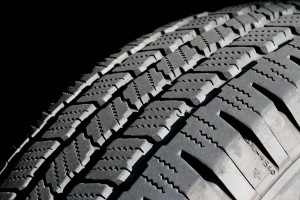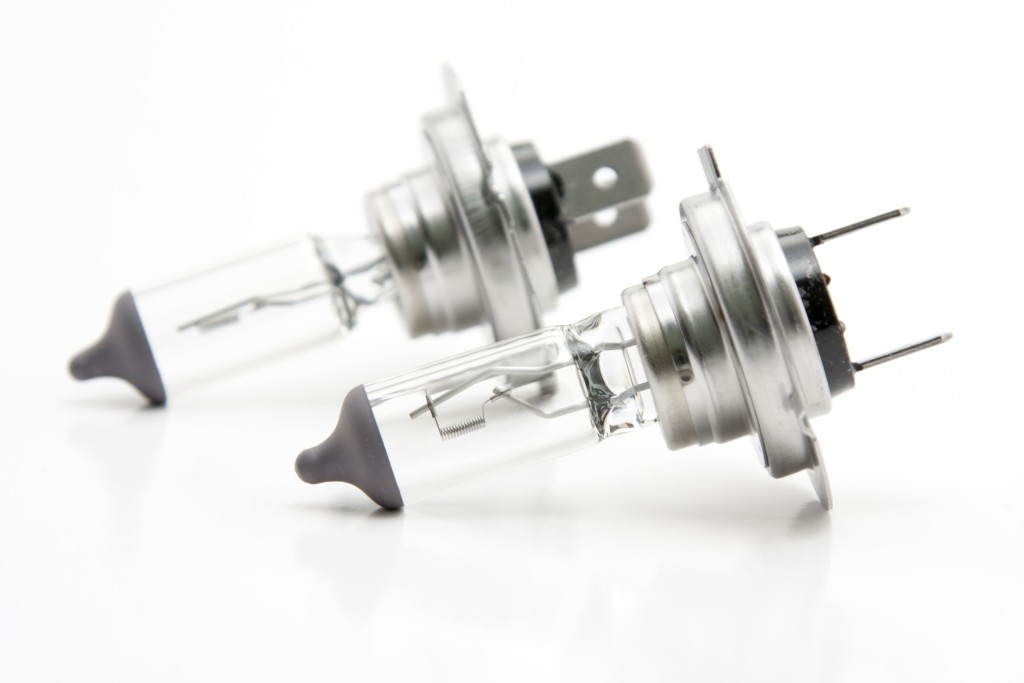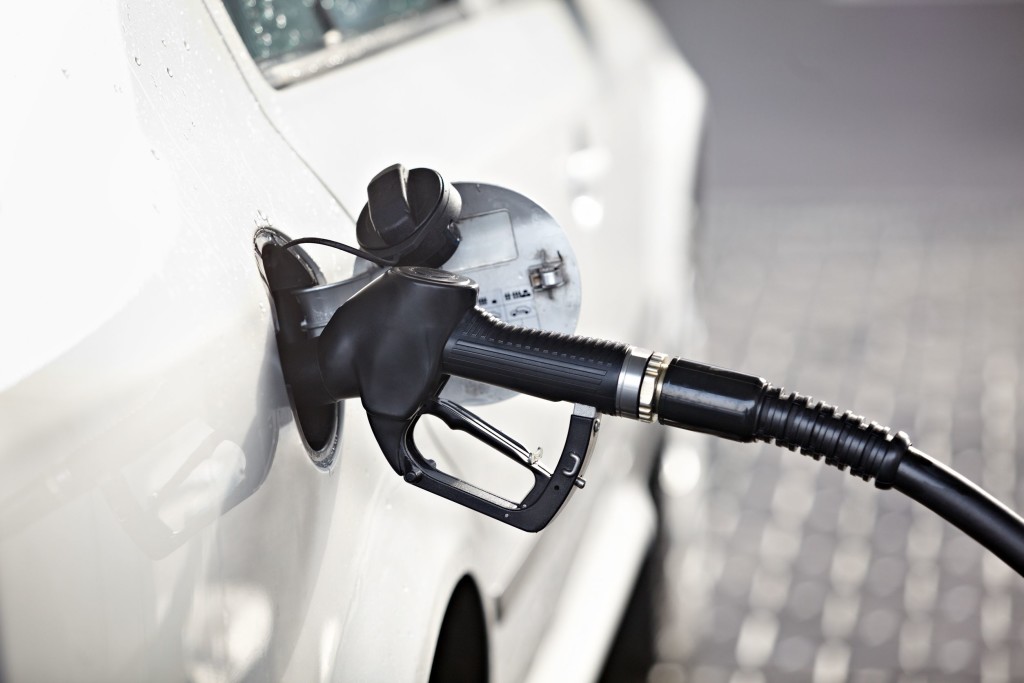The Surprising Downside of Driverless Cars
Remember last week when we shared a story about driverless cars and how they’ll be more popular in 10-20 years? Well a new study says we might want to pump the brakes on driverless cars, as they’ll consume more energy than current transportation methods.
Many auto experts believe that autonomous cars could help decrease fuel consumption, but according to a study out of the University of Michigan, that might not be the case. In essence, researchers believe that driverless cars could save people time, but waste more energy due to extra trips.
Researchers explained that with traditional transportation, parents commute to work, run errands and shuttle the kids around in the fewest trips possible. If we added driverless cars to the equation, the team of scientists believe the self-driving car would drop one parent off at work, return home, drop off the other parent, return home, then drop the kids off at school, and it would follow a similar pattern in the afternoon. Even if families share or rent a driverless car, individual trips would lead to more total driving.
“It could be that sharing the vehicle ends up increasing the mileage because of all these connecting trips,” said Brandon Schoettle of the University of Michigan Transportation Research Institute. “The net effect is probably going to be an increase in mileage, and in general the more miles you drive the more fuel you burn.”
Related Findings
Additional findings from the UM Transportation Research Institute include:
- Increased driverless car sharing could mean Americans would own 43 percent fewer cars (1.2 per household, down from 2.1 per household).
- Annual miles per vehicle could increase by roughly 75 percent (20,406 annual miles, down from 11,661 annual miles).
- That said, even though we might be putting more miles on our cars, these miles would be more fuel efficient, assuming autonomous concepts could eliminate wasteful driving practices, like flooring the gas or slamming on the brakes.
“The upside is that vehicles could drive much more efficiently,” said Ethan Elkind, an associate director at the Climate Change and Business Program at the University of California at Berkeley. “The downside of course is you may see more people driving. More driving overall is not a great thing for the environment.”
-
Buying Tires in Minnesota? Look No Further than Affordable Auto
 Sep 11, 2013
Sep 11, 2013Tires are an essential part of any vehicle. Much like shoes for a person, tires are the one thing between you and the ground, so it’s critical you buy the right type of tire for your car. After all, you wouldn’t play football in high heels or go for a run in sandals! That said, […]
-
How To Change Your Car’s Headlight
 Apr 8, 2015
Apr 8, 2015If you’re like most Americans, you’ve had to deal with a a burnt out headlight on your vehicle at one point or another. Unlike some other car issues, changing a dead bulb is a relatively quick and easy fix. Below, we walk you through the general steps to replace your car’s headlight. Step 1 – […]
-
What Should I Keep In My Trunk In Case of an Emergency?
 Aug 14, 2013
Aug 14, 2013Nobody wants to be stranded on the side of the road, but a minor delay can turn into a major problem if you are unprepared for an emergency. These days, nearly everyone has a cell phone, so trouble usually isn’t more than a call away, but you should still prepare an emergency roadside kit in […]





